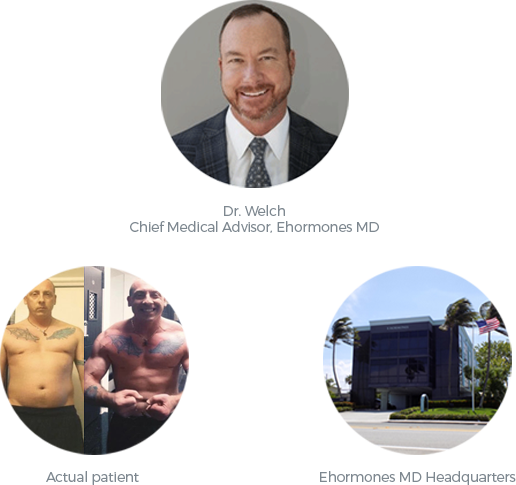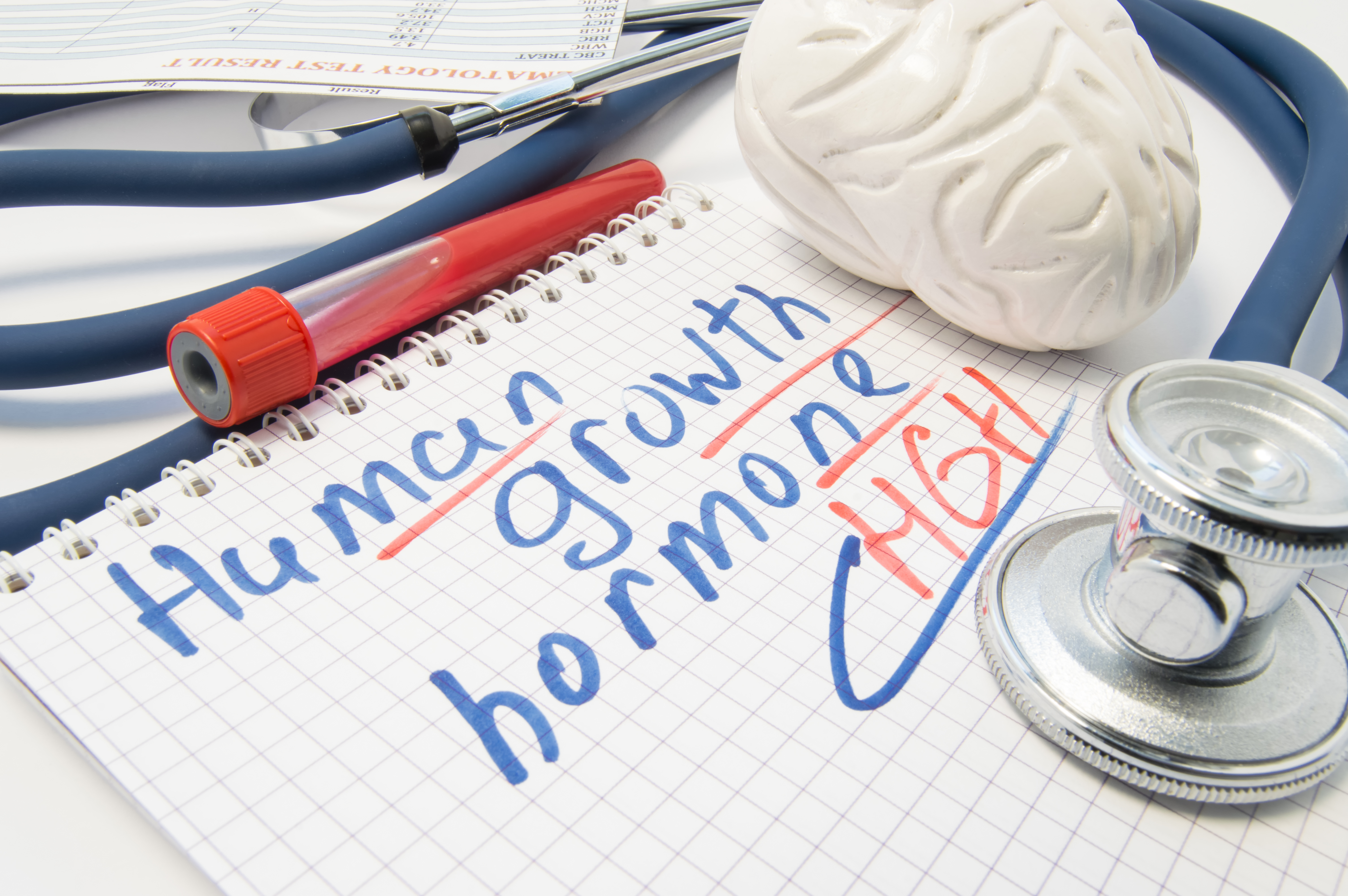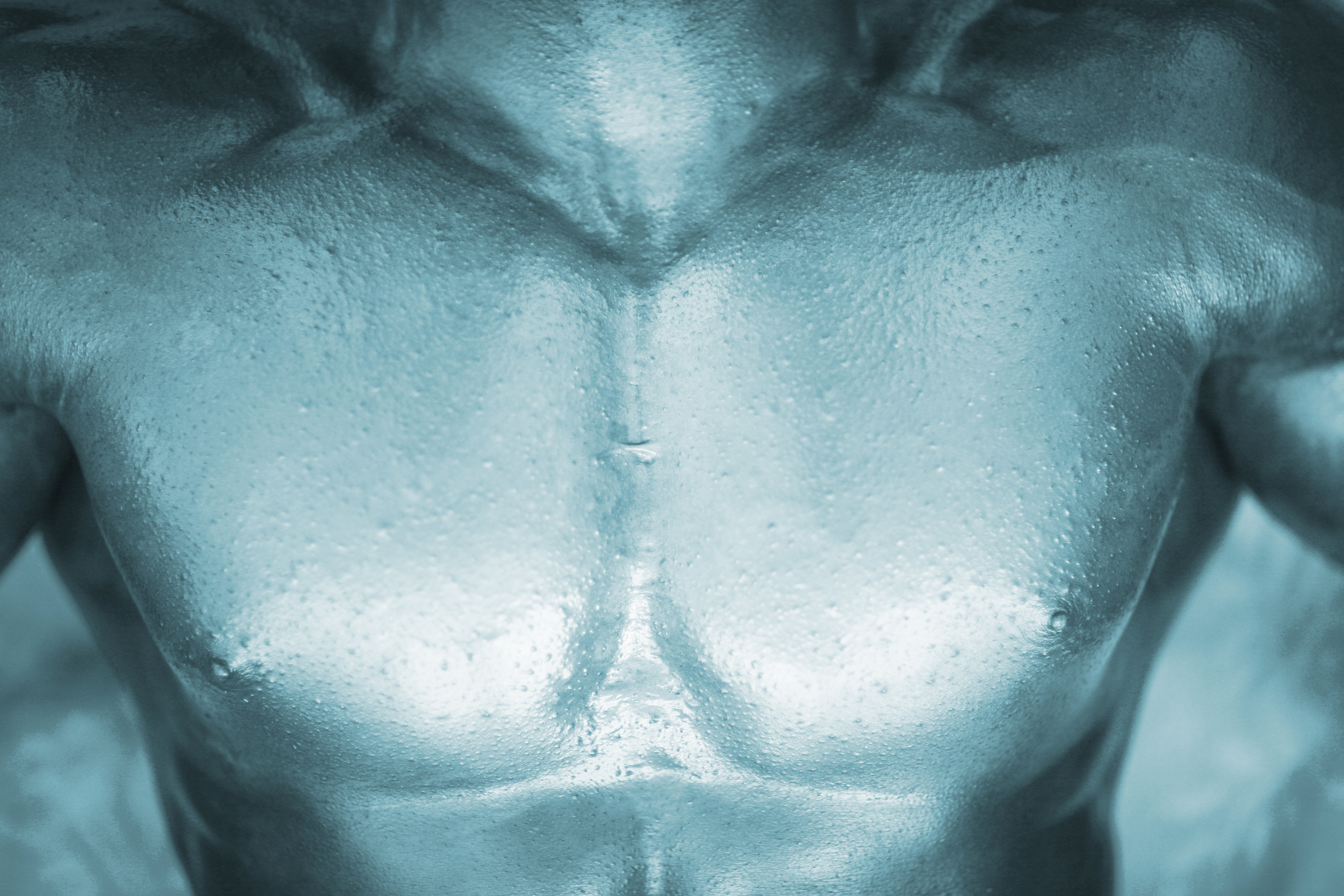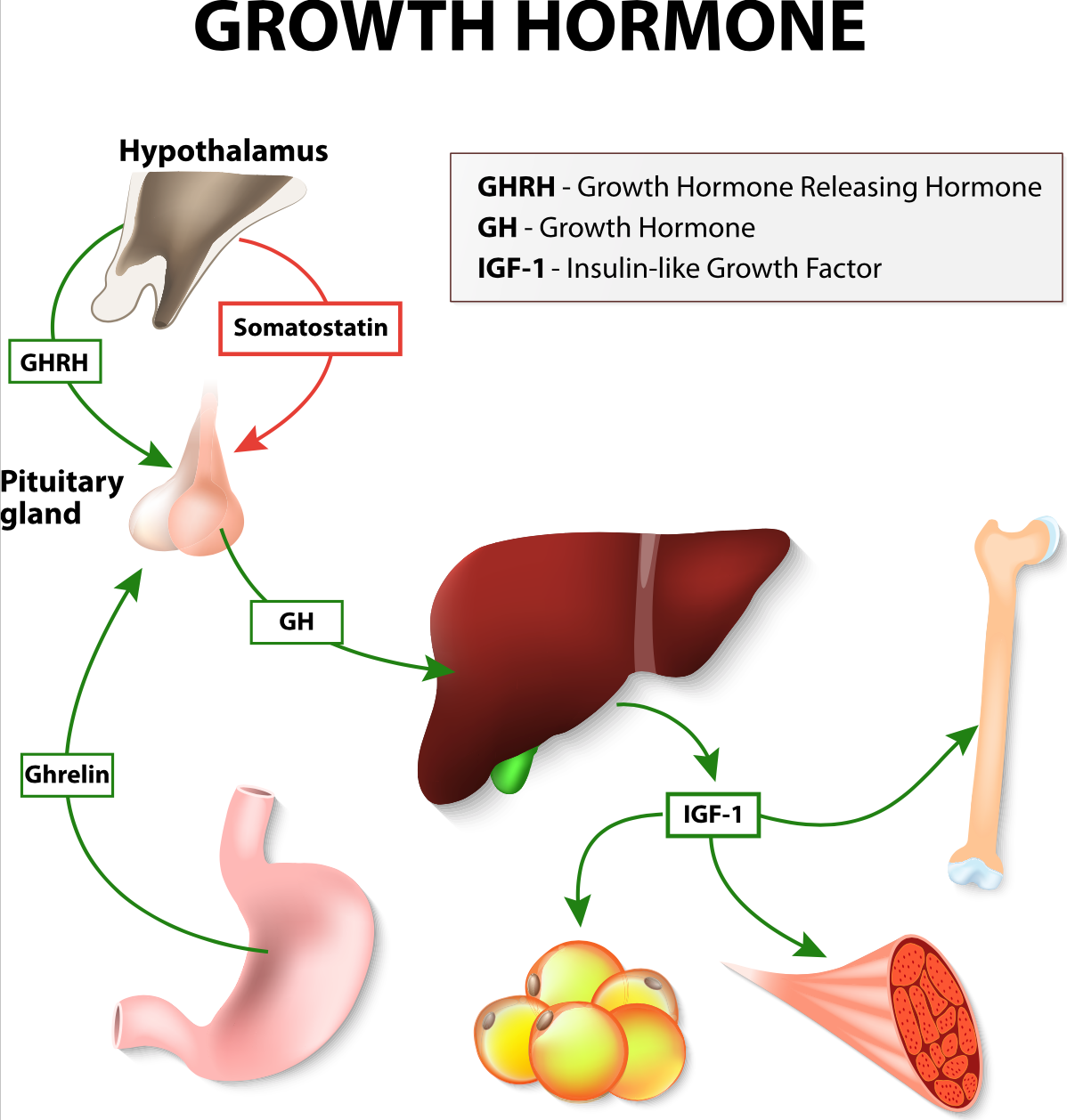Ehormones MD HGH Therapy for Men
Also known as the “Master Hormone,” HGH is responsible for bone and muscle growth, tissue repair and even a healthy heart. Request your 100% Confidential Consultation with one of the elite HGH Doctors at Ehormones MD today.
![]()
Reviews don't lie
There is a reason our offices and our Doctor are rated 4.7 on google! We care about our patients experiece from the moment they walk into the door until full recovery.
Ehormones MD HGH Therapy for Men
Also known as the “Master Hormone,” HGH is responsible for bone and muscle growth, tissue repair and even a healthy heart. Request your 100% Confidential Consultation with one of the elite HGH Doctors at Ehormones MD today.
![]()
Reviews don't lie
There is a reason our offices and our Doctor are rated 4.7 on google! We care about our patients experiece from the moment they walk into the door until full recovery.

HGH Therapy
Human growth hormone, more commonly referred to as HGH, is a crucial hormone made in the brain by the pituitary gland. Unlike cholesterol-based hormones, like testosterone, HGH is a peptide made up of nearly 191 amino acids strung together. The chemical makeup of HGH means it has a relatively short half-life of 20-30 minutes. But, because of the way it works in the body HGH may produce effects that last as long as 17 hours. While HGH is most notably known to spur the growth of tissues and organs in childhood, it plays a role in many other physiologic processes. HGH has been implicated to regulate our body composition by increasing muscle mass while also promoting lipolysis (the breakdown of body fat for fuel).
What is HGH therapy?
HGH therapy is much more than simply taking an injection. When a patient experiences specific symptoms, their physician may run a number of direct and indirect tests to measure growth hormone. These tests will help the physician determine the origin of the symptoms. If HGH is deemed to be low the physician may prescribe HGH therapy.
HGH therapy is generally administered via an injection by the patient at home. Some clinics will utilize injections that contain recombinant HGH (rHGH) and/or growth hormone releasing peptides (GHRP). rHGH is molecularly similar, or biosimilar, to endogenously produced HGH in the body. A GHRP is a substance that stimulates the secretion of HGH from the pituitary gland. Now, because HGH has a short half-life, injections must be administered daily. Most patients will either perform injections in the the evening, prior to sleeping. Biologically speaking, the pituitary gland secretes HGH in a pulsatile manner throughout the day. However, the largest pulse of HGH release occurs at night around bedtime.
While on HGH therapy, it is important the physician closely monitors a variety of biomarkers. Biomarkers, are measurable substances in your body that can indicate potential problems or damage if not addressed appropriately. HGH can impact a variety of biomarkers. So, depending on the patient, it may be vital for the prescribing physician to closely monitor things like:
- Cholesterol
- Blood glucose
- Insulin
- Bone density
For this reason, it is important patients follow up with their physician regularly. It will typically take 4-6 months to notice significant changes. Follow up labs are drawn to improve outcomes as well as reduce the risk of side-effects. Based on the results of these labs and any reported symptoms from the patient, the dose or time of the injection may need to be adjusted. The goal of HGH therapy should be to correct any HGH deficiency/insufficiency indicated in the patient’s lab work as well as improve their quality of life.
Ehormones MD Video Testimonial
We’re so proud of Trever and his excellent results. It’s no surprise, though. Trever is just 1 of over 3,000 satisfied Ehormones MD patients nationwide. Sign up for a free consultation today, and we can help you too!
Read our testimonials and reviews. Educate yourself & make the right decision.
Call Ehormones MD now for a Free Consultation +1 (800) 658-8858. We’re here 24/7 to help.
What happens to HGH levels as we age?
HGH is a driving factor in stimulating the rapid growth that occurs in adolescence. At about the age of 15 HGH production declines. It continues to decline throughout adulthood.
There are also a variety of genetic, dietary, and lifestyle factors that can impact HGH production. A number of genetic diseases like Turner syndrome and Prader-Willi Syndrome can result in HGH deficiency (GHD) in children. As for diet, one study in particular assessed carbohydrate intake, defined as 80% carbohydrate. Results indicated carbohydrate intake was inversely associated with HGH production in adult men. This means a high carbohydrate diet produced low HGH specifically for men in the study. Additionally, poor sleep has been linked to low HGH production. Subjects with a normal sleep time had peak of up to 6 times more HGH than those subjects with a delayed sleep time. Sleep is directly related to the amount of HGH secreted by the pituitary. Emerging research has also indicated traumatic brain injury (TBI) as a potential disruptor of HGH production. Data suggests those that have experienced head trauma and suffering from chronic symptoms may have damaged the pituitary gland which secrets HGH and controls a number of other hormones.
Common signs and symptoms of low HGH?
HGH influences a wide variety of biological processes. Both low and high levels of HGH can produce an array of abnormal findings.
The most apparent effect of GHD (in adolescence) produces individuals with a short stature. However, low levels of HGH can also cause:
- Decreased Muscle mass
- Adiposity (increased fat mass)
- High Cholesterol
- High Blood Sugar
- Diminished Exercise Capacity
- Decreased Cardiac Function
HGH plays the role of a master signaling hormone because not only does it directly influence cell metabolism but it also influences the production of other hormones and protein synthesis. As a result, low levels of HGH can cause many of the issues listed above.
Can HGH Therapy promote youth and vitality? Does HGH Therapy Make You Feel Younger?
Youth may often times be used to describe the appearance or spirit of someone who is young. While vitality is considered a state of strength and energy. Whenever the body is lacking or deficient in critical components, like HGH, serious problems can arise. Without correcting these deficiencies, no amount of exercise or dieting will provide optimal benefits. It is only when the root issues are resolved that optimal health may be achieved.
One of the detriments of aging is a loss of strength compounded by the loss of skeletal muscle mass and increase in body fat accumulation. It is common that GHD adults suffer from this fate more profoundly than those with normal HGH levels. However, reports indicate these effects of GHD are reversible with the administration of HGH therapy. In a meta-analysis involving nearly 1200 patients, those receiving HGH therapy saw over a 5% reduction in body fat. At the same time, their lean body mass (i.e. muscle, fluid, etc) increased by more than 5%. †
Loss of strength can also be exacerbated by the chronic fatigue associated with aging. It may become difficult just making it up and down the stairs as an example. Restoration of HGH in children with GHD resulted in dramatic results. Subjects receiving HGH therapy had approximately a 20% improvement in their VO2 peak compared to baseline. What this means is after receiving HGH therapy to correct their low levels of HGH the subjects were capable of a greater exercise capacity.
Elevated cholesterol is an enormous contributing factor for cardiovascular disease. Older men are more likely than young men or women to suffer from high cholesterol and cardiovascular disease. When men with GHD and a median age of 48.5 years old were given HGH therapy there was a statistically significant effect on total cholesterol and LDL-cholesterol. The patients receiving HGH show their total cholesterol drop 6.3% and their LDL-cholesterol drop 11.3%. Reducing cholesterol can play a pivotal role in staving off cardiovascular disease in the future.
When HGH is low and results in GHD, health can start to deteriorate. By utilizing HGH Therapy to correct this deficiency, the root cause is directly being addressed. The correction of HGH levels can help to normalize body composition, reduce fatigue, and improve cholesterol. As one can imagine, these improvements can make a dramatic impact on youth and vitality.
What are the potential risks associated with HGH Therapy?
There will always be some level of risk associated with any medication. While the risks of HGH therapy cannot be extirpated completely, they can be mitigated under the watchful eye of knowledgeable medical staff. It is important that those considering HGH disclose all health information to the prescribing doctor no matter how irrelevant it may seem.
Side effects of too much HGH, if not addressed appropriately, can be severe. Too much HGH can result in:
- Cardiovascular damage
- Edema (swelling)
- Arthalgia (joint pain)
- Myalgia (muscle pain)
- Headaches
- Carpal Tunnel Syndrome
- Increased Insulin Resistance
- Gynecomastia (men)
- Acromegaly
If any of these side effects are present, it is vital that the medical staff is alerted so the proper adjustments can be made.
Certain conditions may also be contraindicated for HGH Therapy. This means that those who have or have a history of the following
conditions may not be a good candidate for HGH Therapy:
- Tumors
- Cancer
- Serious illness
- Breathing problems
It is important to routinely follow up with a physician to find the right therapeutic protocol. This will also help to reduce the risk of side effects.
Call Ehormones MD now for a Free Consultation +1 (800) 658-8858. We’re here 24/7 to help.
What Is the Best Way to Increase HGH Levels?
There are a number of different methods purported to boost HGH levels. Not all of them have gone through the same level of scrutiny to claim safety or efficacy. The most common, and widely accepted, form of HGH Therapy involves daily injections. That can further be broken down to include rHGH and different types of GHRP.
One form of HGH therapy utilizes injecting rHGH daily. Simply put, rHGH is molecularly identical to the 191 amino acid HGH that is secreted by the anterior pituitary. Due to the fact that rHGH is the same as HGH produced endogenously once injected, the hormone can start interacting with cells immediately. However, rHGH can interact with a variety of medications. For this reason, it requires greater scrutiny from the watchful eye of a physician.
Another common therapy option involves the use of substances that trigger the pituitary to release HGH into circulation. There are a variety of GHRP available such as Sermorelin, Ipamorelin, Ibutamoren, GHRP2, and GHRP6. These options have a very robust safety profile and offer additional benefits that rHGH cannot produce. GHRP can help to reduce inflammation further by quenching reactive oxygen species and improve antioxidant levels.
With so many different options available for HGH Therapy, it is important to know what is best for you. Each option has subtle differences that may work better depending on the patient. A trained physician will be able to determine the appropriate course of action and therapy that is best suited for each patient.
Do HGH Supplements Work?
There are a myriad of products that are available over the counter which claim to boost HGH. However, none of these claims have been tested or verified by the Federal Drug Administration (FDA) or Federal Trade Commission (FTC). In fact, both the FDA and FTC have proactively put out safety warnings for the public on this topic. Additionally, when HGH is taken orally the acid and enzymes in the stomach will break it down before it can be absorbed into the blood stream. Another problem with the supplement market is the safety and efficacy. While supplements are not approved by the FDA there is also very little regulation on the manufacturing practice of supplements. It is difficult to assess whether or not labels accurately reflect the contents of the product. The only safe and efficacious way to provide HGH Therapy is under the guise of a trained physician that can prescribe injectable HGH or HGH peptide therapy.
Medications that may have an adverse impact when combined with HGH Therapy
The most common interactions with rHGH include:
- Glucocorticoids
- Insulin
- Lantis
- OxyContin
- Tegretol
A comprehensive list of medications that interact with rHGH Therapy can be found at: https://www.drugs.com/drug-interactions/somatropin-index.html.
The only known interaction with Sermorelin (GHRP) is macimorelin.
Let your doctor know about any and all medications/supplements you are taking to reduce the risk of adverse events.
Why Ehormones MD? What is Ehormones MD
 Ehormones MD is one of the largest networks of full-service, anti-aging and preventative medicine clinics that specialize in hormone replacement therapy. This includes testosterone and HGH therapies. The doctors at Ehormones MD are highly trained and experienced to address each personís unique biology. It is the goal of Ehormones MD to help both men and women find relief from their hormone-related imbalances.
Ehormones MD is one of the largest networks of full-service, anti-aging and preventative medicine clinics that specialize in hormone replacement therapy. This includes testosterone and HGH therapies. The doctors at Ehormones MD are highly trained and experienced to address each personís unique biology. It is the goal of Ehormones MD to help both men and women find relief from their hormone-related imbalances.
All patients at Ehormones MD are required to undergo comprehensive lab work and physical examination to identify their individual needs. Following lab work, every patient will meet with their physician to revue lab findings. During this consultation you and your physician will work together to develop your ideal hormone protocol. After your consultation, the physician will then take into consideration your medical history, symptoms, and labs to finalize the treatment recommendations. Medications and supplies are shipped overnight directly to the patient’s door.
With over 3,000 satisfied patients, many consider Ehormones MD the premier clinic for HGH Therapy and Testosterone Replacement Therapy. Give us a call to see how to get started.
HGH Therapy for Men
 First, it is important to understand that our bodies can only produce so much HGH on their own. This leads us to Human Growth Hormone Therapy, also known as HGH therapy. For adults diagnosed with Adult Growth Hormone Deficiency (more commonly known as AGHD), there are a couple different options for HGH Therapy for Men. HGH injections may be prescribed by an Endocrinologist or a sub-specialized HGH doctor at a specialized HGH Clinic. It is important to speak with a qualified physician to understand your options. Injectable HGH for Men has been approved by the FDA for diagnoses including AGHD, short stature in children as a result of insufficient pituitary function, short stature as a result of Turner syndrome, adult HGH deficiency due to pituitary tumors or their treatment, adult short bowel syndrome and muscle-wasting as a result of HIV / AIDS. Consequently, many adults are not candidates for HGH injections. The good news is there are other options.
First, it is important to understand that our bodies can only produce so much HGH on their own. This leads us to Human Growth Hormone Therapy, also known as HGH therapy. For adults diagnosed with Adult Growth Hormone Deficiency (more commonly known as AGHD), there are a couple different options for HGH Therapy for Men. HGH injections may be prescribed by an Endocrinologist or a sub-specialized HGH doctor at a specialized HGH Clinic. It is important to speak with a qualified physician to understand your options. Injectable HGH for Men has been approved by the FDA for diagnoses including AGHD, short stature in children as a result of insufficient pituitary function, short stature as a result of Turner syndrome, adult HGH deficiency due to pituitary tumors or their treatment, adult short bowel syndrome and muscle-wasting as a result of HIV / AIDS. Consequently, many adults are not candidates for HGH injections. The good news is there are other options.
Where can I get Human Growth Hormone Injections?
While HGH injections have important benefits, as stated on the FDA’s website, HGH is not always medically indicated. Furthermore, many people confuse this hormone with HCG or Testosterone. HCG, which stands for Human Chorionic Gonadotropin, has a completely different purpose. Many of the signs and symptoms of HGH deficiency can be similar to those of Testosterone deficiency. For this reason, it is important to speak with a specialized HGH doctor with experience in treating adult growth hormone deficiency, also known as AGHD. For more information on HGH and human growth hormone injections, request a free information guide in the form at the bottom of this page. *Please note: Ehormones MD does not prescribe Recombinant Human Growth Hormone, also known as rHGH
HGH Peptides – Sermorelin, Ipamorelin, GHRP
Sometimes the best option for adult HGH Therapy is one or more various types of Growth Hormone Releasing Peptides, more commonly known as GHRP. Some of these peptides include Ipamorelin, Sermorelin, GHRP2 and GHRP6, which work by stimulating the secretion of HGH from the pituitary gland. If you feel that you may have an HGH deficiency or if you are interested in human growth hormone injections for men, check with your doctor to see if you might be a candidate for HGH injections or alternative HGH treatment methods.
HGH Therapy for Men
At Ehormones MD, our expert team of sub-specialized HGH doctors boasts a myriad of specializations and accolades. One such area of concentration is HGH therapy for men. It is important to understand that all men are not created equal. For this reason, all Ehormones MD patients undergo thorough diagnostic blood analyses, physical examinations and a comprehensive medical history to determine if he or she qualifies for HGH Therapy. If your Ehormones MD HGH doctor determines that you have an HGH deficiency, he or she may recommend one of several different treatment methods, including sermorelin, ipamorelin, ghrp2 (growth hormone releasing peptide 2) or ibutamoren.
Why is HGH Therapy for Men so Popular?
HGH Therapy for men has gained significant popularity over the past 30 years due in large part to an increase in funding for scientific studies related to AGHD (Adult Growth Hormone Deficiency). As a result, we now know that HGH in men decreases exponentially in the years following puberty. For some perspective, the average 40-year-old man has been in HGH decline for nearly 25 years.
More Information on HGH for Men and HGH Therapy for Men
For more information about HGH for men call Ehormones MD at (800) 658- 8858. Or simple fill out the form on this page.
So, what happens when the body starts producing less HGH?
 In children, HGH deficiency causes short stature and a delay in the onset of puberty. However, in adults, low HGH levels may have nearly as disastrous an impact on the body. Consequently, low HGH levels can lead to increases in stored body fat, poor muscle mass and even physical depletion. Other negative effects of low HGH production include low energy, diminished exercise capacity, decreased cardiac function and an overall decline in drive and motivation. Put simply, when an adult’s HGH levels deplete the body does not function optimally. Endocrinologists and sub-specialized HGH doctors who prescribe HGH for men can determine if you are a candidate for HGH Therapy.
In children, HGH deficiency causes short stature and a delay in the onset of puberty. However, in adults, low HGH levels may have nearly as disastrous an impact on the body. Consequently, low HGH levels can lead to increases in stored body fat, poor muscle mass and even physical depletion. Other negative effects of low HGH production include low energy, diminished exercise capacity, decreased cardiac function and an overall decline in drive and motivation. Put simply, when an adult’s HGH levels deplete the body does not function optimally. Endocrinologists and sub-specialized HGH doctors who prescribe HGH for men can determine if you are a candidate for HGH Therapy.
How the body’s production of HGH benefits our health
HGH is a 191 amino acid protein peptide secreted by the pituitary gland. When we are young, HGH is responsible for bone growth and helps to determine how tall we grow. However, after our growth plates close, generally in our early-to-mid teenage years, HGH takes on a different role. It is common knowledge that the HGH our bodies produce (also known as endogenous HGH) promotes the growth of muscle tissue, the breakdown of fats and assists in the production and maintenance of healthy tissue in the body.
How the Body Accumulates and Burns Fat
To understand how these processes work, one must first know how the human body accumulates fat. First of all, when fat is ingested, the body breaks it down so that it may pass through the blood, at which point it is either used for energy or stored for later use. Furthermore, the reason many of us accumulate excess stores of fat is because the fats, carbohydrates (sugars) and protein we ingest are greater than our energy expenditure. Before it reaches for alternative energy sources, the body first must burn carbohydrates for energy. Therefore, when the body has an excess amount of sugars to burn for energy, we must increase our physical output in order to burn off our fat stores.
Sleep and HGH
The human body releases growth hormone in a series of bursts throughout the day. The most intense burst of HGH occurs in our REM sleep. Notably, the better we sleep, the better our endogenous HGH production. This is just one of a myriad of reasons that sleep is so crucial to our health. In summary, less sleep or poor quality sleep equals lower growth hormone production.
How Can I Naturally Increase My HGH Production
As we age, our HGH production declines. This can contribute to a number of negative health factors including increased body fat, decreased muscle mass, reduced bone strength, insomnia and poor mental health. Below is a list of some ways to help improve your body’s natural endogenous human growth hormone production:
- Lose Weight
- Decrease your carbohydrate intake
- Don’t eat for 2 to 3 hours before bedtime
- High Intensity Exercise
- Sleep
- Intermittent Fasting
Call Ehormones MD now for a Free Consultation +1 (800) 658-8858. We’re here 24/7 to help.
Our Process
Call for consultation and scheduling
Call us at 1-800-658-8858 to start your new life with HGH Therapy today. Our specially trained staff are available 24/7 to answer any questions. We will help guide you through the process and start you down the
path to optimal health.
Meet with Ehormones MD
Following your initial HGH Therapy phone consultation, you will be set up with an appointment to meeting with an Ehormones MD physician at one of our convenient nationwide locations. During this time, we will discuss
your goals and begin to determine the proper treatment option.
Schedule your labs with us
After consultation and careful evaluation by your Ehormones MD physician, it is time to schedule your lab work. We will need to determine a number of lab values, including:
- Total Testosterone
- Free Testosterone
- Estrogen
- Growth Hormone
- IGF-1
- DHEA (dehydroepiandrosterone)
- SHBG (sex hormone binding globulin)
- Cardiac Biomarkers
- Cholesterol and Triglycerides
- Inflammatory markers
- PSA (Prostate inflammation)
- Thyroid testing
- Glucose levels
- Cortisol levels
- Blood counts
- Liver function
This will allow us to better assess your unique profile and develop an appropriate HGH Therapy treatment path.
Review Your Labs with Your Ehormones MD Physician
Once your lab report comes back, you will be scheduled to meet with your Ehormones MD physician. During this time your doctor will explain the significance of your test results. At this point an appropriate hormone therapy regimen will be determined. You will learn more about your specific therapy and how to administer it at this time. Beyond physician prescribed HGH or Testosterone Therapy, Ehormones MD also provides diet planning, as well as supplement and exercise recommendations to ensure optimal
results and success.
Therapy is Sent Overnight or Received within 2-3 Days Your Medications are Shipped Overnight
All program medications and supplies ship directly to your home. At this time, you will begin to administer the therapy yourself. HGH Therapy utilizes a small insulin-like needle that you, or someone you trust, will use to administer an injection into your lower belly every night.
After 5-8 Weeks You are Scheduled for Follow-up Labs
To maximize your results and ensure safety, you are scheduled for follow up labs at 5-8 weeks following the start of your HGH Therapy program. This allows Ehormones MD to track your progress as well as make the necessary adjustments to your treatment. Following this, you will be scheduled for additional labs every 6 months thereafter.
Review and consult with Ehormones MD as needed
Throughout the duration of your Ehormones MD program, you will have exclusive access to Ehormones MD medical doctors as needed. At this time, you will be able to report any positive or negative changes that you have experienced. This will better help us to help you during your treatment. Ehormones MD does not provide a one-size-fits-all HGH Therapy program. Your HGH Therapy program is tailored to the unique needs of your body, and your body alone. If adjustments are needed to ensure optimal results, health and safety, Ehormones MD will be sure to communicate that to you.
Ehormones MD HGH therapy cost
As with all of the age management services provided by Ehormones MD, your program and/or therapy will be customized to your body’s needs. Be aware of age management and HGH Therapy clinics that advertise low-fee HGH Therapy treatment plans, as additional fees are often buried in the fine print. At Ehormones MD, we do our best to be upfront and transparent about our HGH Therapy and age management programs and the fees associated with your custom program.
Physician supervised programs start at $149 per month. However, on average, EHormones MD patients can expect to pay closer to $350 per month for a fully customized HGH Therapy program. Itís best to speak directly with an Ehormones MD patient consultant for an accurate assessment of your needs to get a solid understanding of expected costs.
Monthly payments are provided via Care Credit, and include medications, physician supervision, and follow-up lab work. Pay-in-full options are available if you prefer.
If you have questions about our HGH Therapy programs offered at one of our 34 nationwide locations, or to schedule your Free Consultation, call Ehormones MD at (800) 658-8858.
More than 30 Locations Nationwide. Call Now!

To achieve the best possible results for each patient, we must treat everyone as a unique individual. – Dr. Welch
Dr. Frank J. Welch M.D., M.S.P.H., F.A.C.P.M
Dr. Frank J. Welch is a leading advocate and expert in the field of hormone replacement therapy, wellness and disease prevention. Dr. Welch specializes in treating male patients with HGH Therapy and Testosterone Replacement Therapy.
Dr. Welch received his medical degree in from the University of New Mexico in 1993, where he also graduated Valedictorian in Chemical Engineering in 1985. He completed his residency in Preventive Medicine from Tulane University in 1998.
Dr. Welch is a Board Certified Fellow of the American Board of Preventive Medicine and is certified in American Academy of Anti-Aging Medicine (A4M). He has worked in both academic and public health civil service for 20 years and is a highly experienced age management and hormone replacement physician. Dr. Welch is certified in anti-aging medicine with a special interest in the treatment of andropause and hypogonadism.
If you are interested in becoming a patient of Dr. Welch, call Ehormones MD at +1 (800) 658-8858 for a 100% Free Consultation.
Call Ehormones MD now for a Free Consultation +1 (800) 658-8858. We’re here 24/7 to help.
Contact Us
If you have any questions or want to book a treatment, you can contact us using contact form bellow.
We’re here 24/7 to help.
